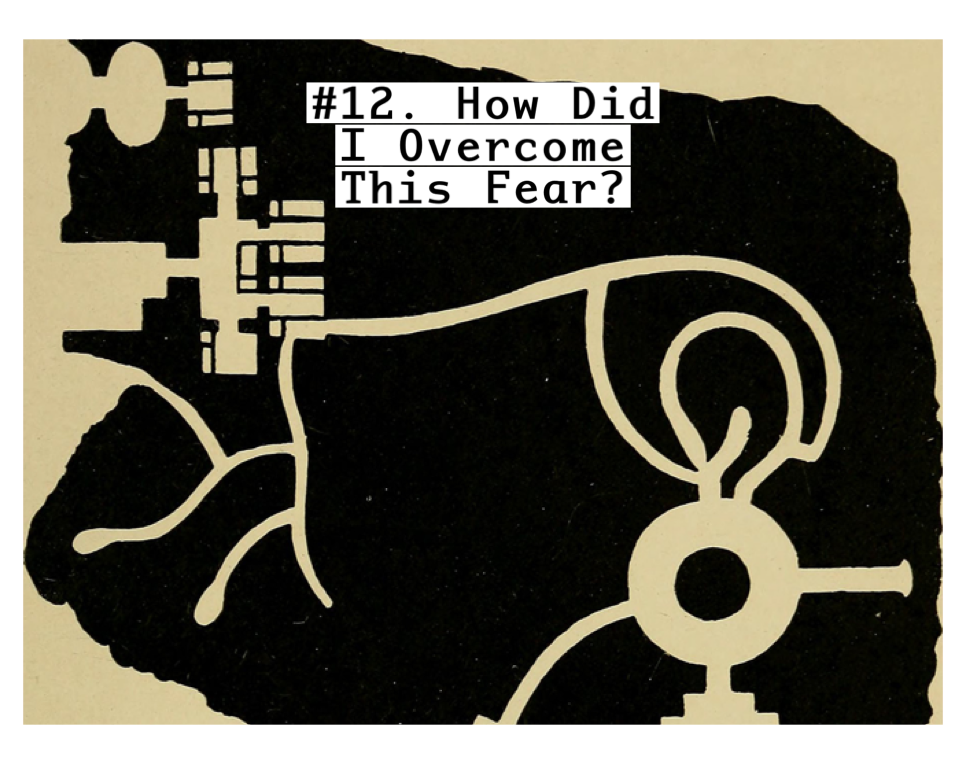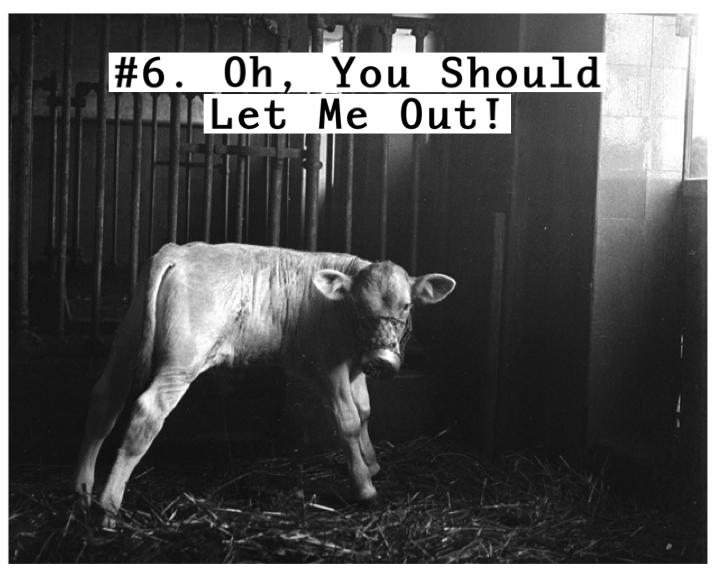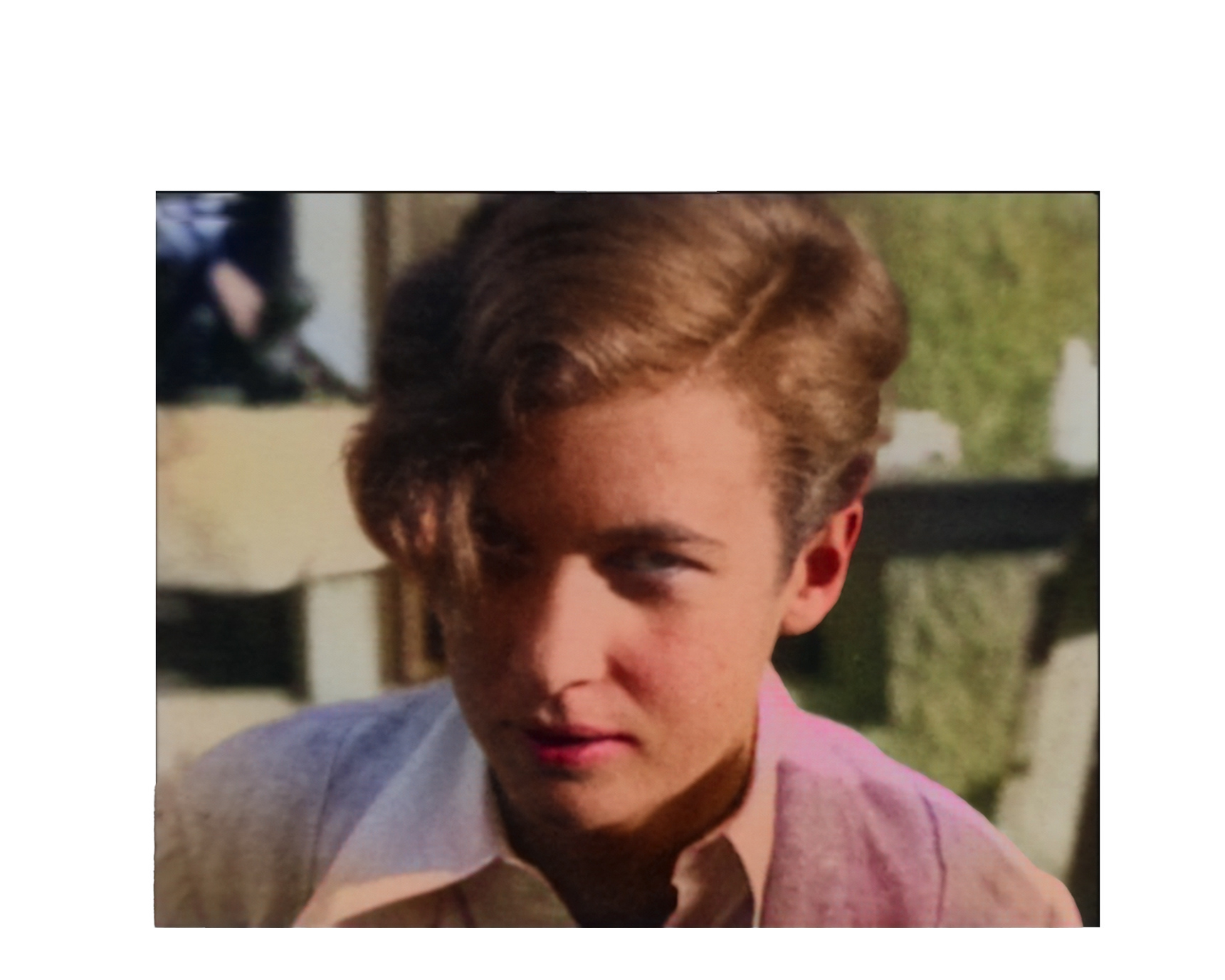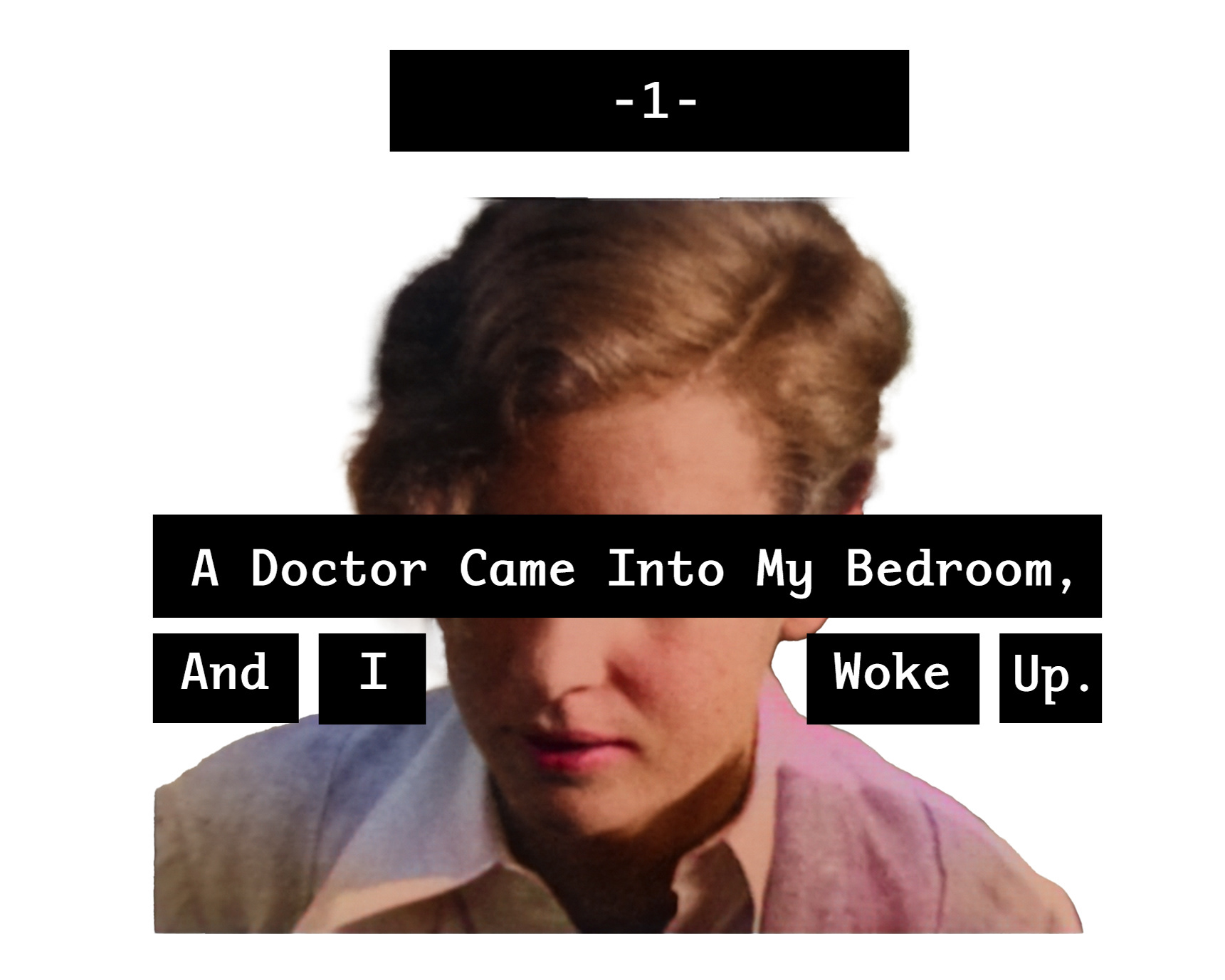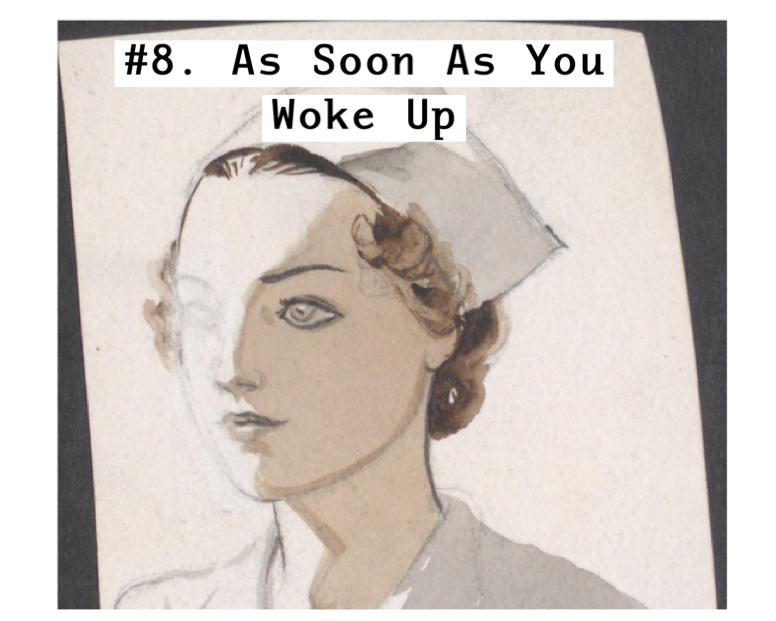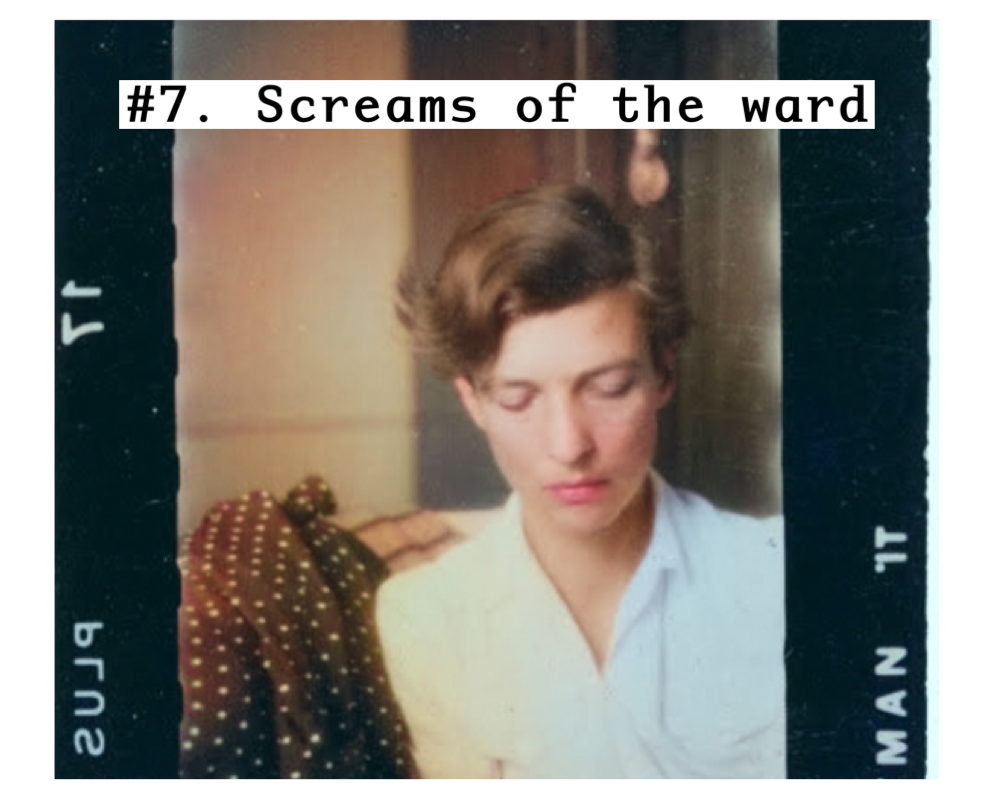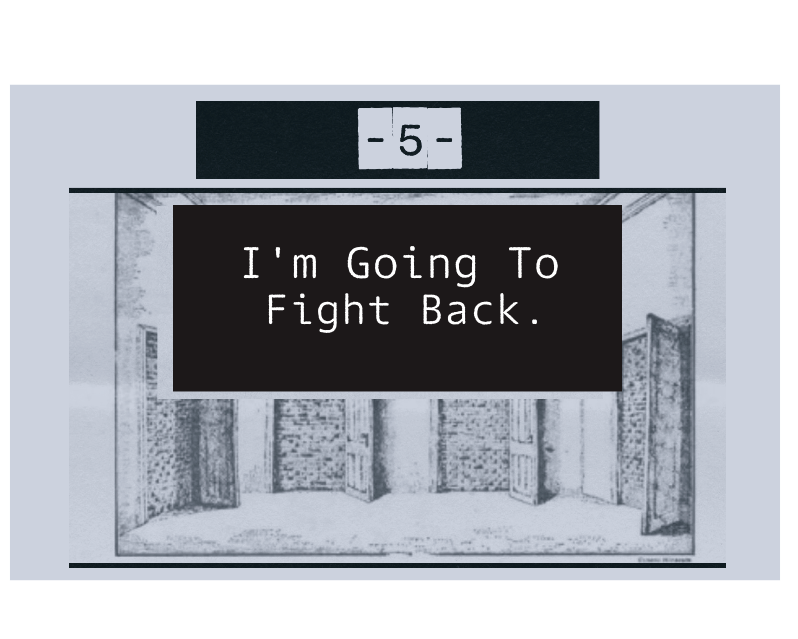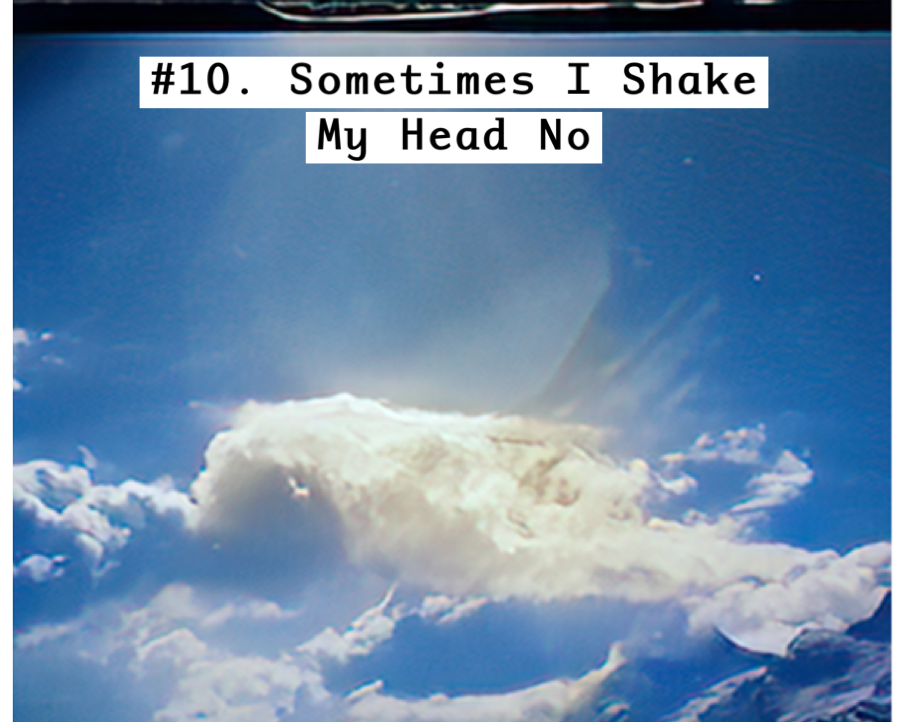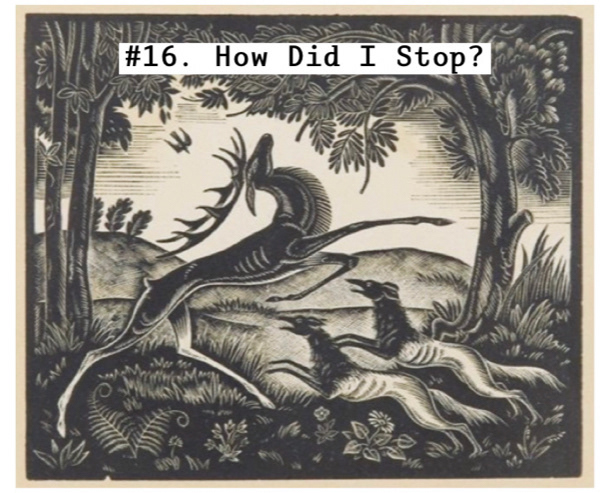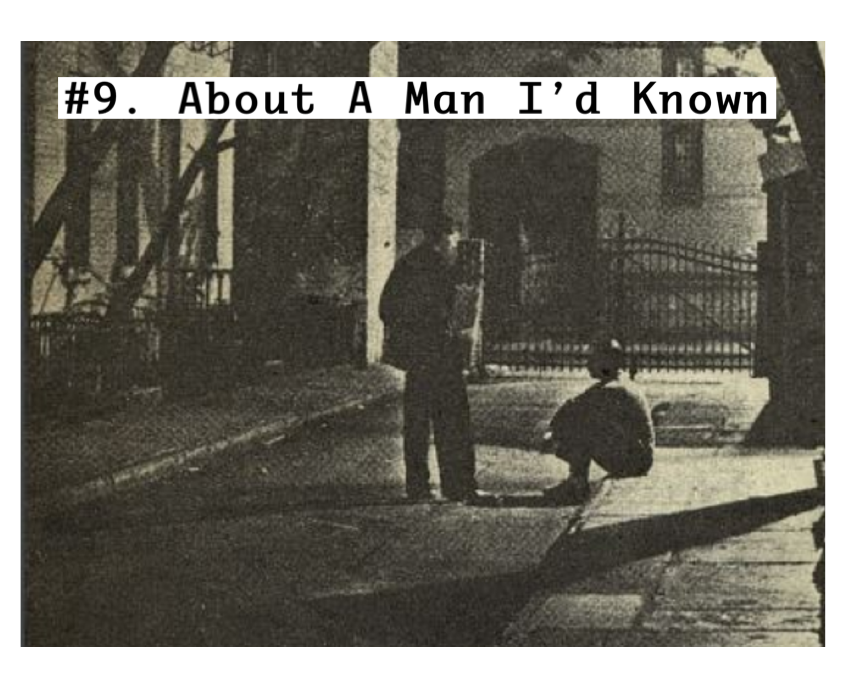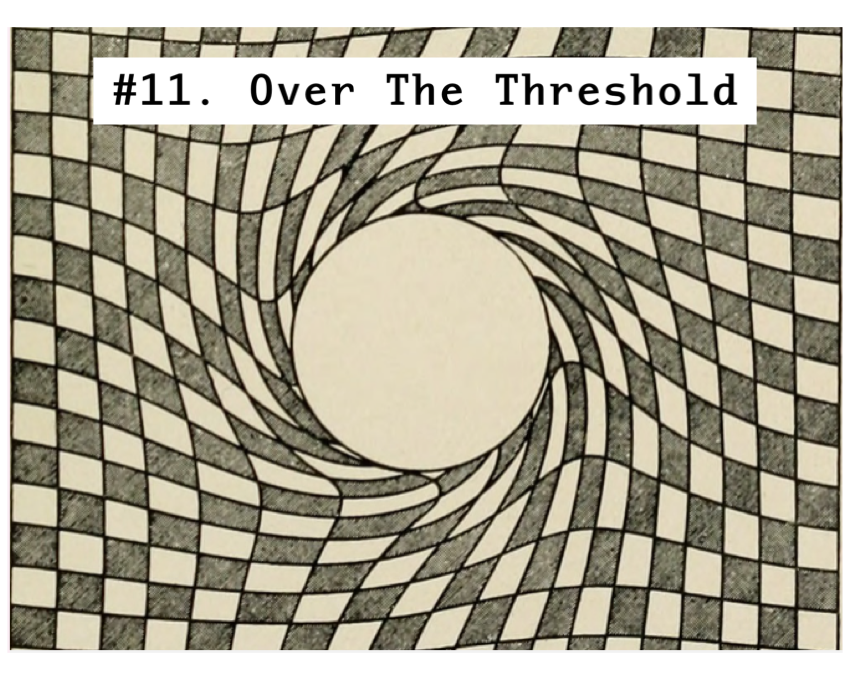"My Prison-Cure in America", Chapter 4
Adapted from Annemarie Schwarzenbach, by Cleo Varra
Content warning: Involuntary psychiatric hospitalization
Read previous: #3. We Want What's Best For You
-----------------------------------
Bellevue Hospital, New York City-- 1941
As she was feeding me spoonful after spoonful, and I was trying hastily to swallow, the Sister asked me, -- "How did you get into this situation!”
—“I don’t know”, I answered.
I swallowed.
Why lie, I thought. —It wouldn't be hard to explain!
***
In an instant, I saw everything clearly laid out in front of me: my whole life, like a great landscape painting with many white streets running through it.
I could remember every hill, every tree, every city, every bed I’d slept in.
Every conversation, all the walks, every drink and cigarette we’d shared together, in distant, happy days.
***
I thought of my friends who had died, in Berlin. I thought of futile rebellion, and of shattered lives. I thought of how-- finally-- I had made up my mind to come here-- to come to this country.
How lucky I'd been to acquire the visa.
***
How I had seen the riverbanks, gleaming that first morning; how I'd been full of love, and had dreamed of an American adventure.
When the rumors had started, I hadn't worried, and I'd kept the hurt to myself.
--Why should I have been troubled by what they called good, or bad, out there in the world?
I told myself that, if I heard lies, I would answer simply with the truth. And even if they would not listen to me, at least I still had a voice.
I didn't want to complain.
And then they had come and caught me, and there had been ten of them.
I despaired.
***
However, right at that moment we were interrupted: by such a terrible scream that you wouldn't have dared believe it could have been another human being.
***
The scream lasted and seemed to wander down the corridor, bump against walls, get lost, and return: always the same volume, before dying out— because no one could scream like that for long.
At once there were hurrying footsteps, the crashing of bodies, startled whimpers and choked shouts. Something was dragged past my door.
Then there was a great silence.
Birds could be heard chirping, and the soft flapping of small wings.
***
The scream started again, but this time from afar, like an echo, behind a hundred doors.
And it stopped, it stopped, tied to one place, breaking against a wall.
— “It's nothing, nothing,” said the Sister.
— “A young officer, a poor person who returned from the base, and has been suffering from delusions of persecution ever since. He was brought to us here because he couldn't be monitored enough in the other wards."
--"Oh," I said*.
***
--"And if I may give you some advice," she added, --“Don’t worry about the others. Don't ask any questions.
If your roommates should get confidential, if they should start complaining— don't listen. What happens around you is none of your business. You'll only get into trouble.
The calmer you behave, the quicker you will be released.”
--“And then?" I asked.
The Sister smiled.
”You're asking me too many questions. It's none of my business what you've done to get here. Probably they'll recommend you for a program. You will feel much better there than here.”
***
As the Sister talked, I watched her pale face: neither beautiful nor ugly, just the face of a stranger, just indifferent. I traced every vein running down to her piously lowered eyelashes; the narrow lips, the barely perceptible pulse in her temples.
It was far more terrible to cling to this face than to endure the gaze of the doctor, for whom I felt only loathing.
This woman would get up at any moment, and would go away, without my being able to hold her back.—
—She didn't even feel ashamed to have answered me, at the last of my strength, with her trivial, familiar, soft-sounding words.
***
— “If you hadn't known that there were the guards, at every door between us and the exit— would you have untied me? You would have been careful! —Oh, you would have been afraid!”
I suddenly threw my hands in front of my face.
— “Oh, go,” I murmured,
— “Leave me alone. So that you are not ashamed,… Oh, that you are not ashamed!”
***
*During 1940 and 1941, psychiatric screening procedures within the Military sought to exclude gay recruits on the rationale that they were more susceptible to nervous breakdown. Many were dishonorably discharged, and hospitalized. See also: Coming Out Under Fire, by Allan Bérubé.
***
